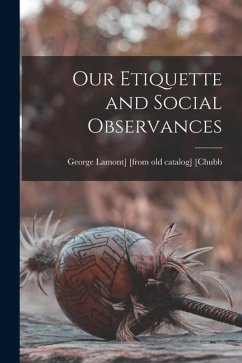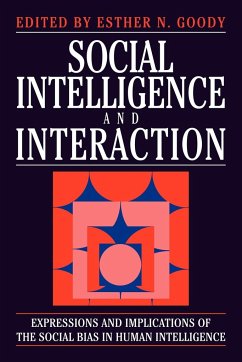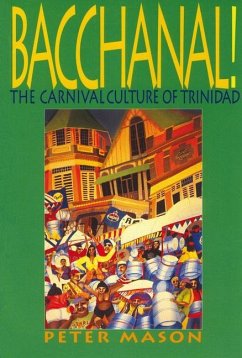
Social Structure
Versandkostenfrei!
Versandfertig in über 4 Wochen
32,99 €
inkl. MwSt.

PAYBACK Punkte
16 °P sammeln!
* What does 'social structure' mean? * What are the principal ways in which societies are 'organized' or 'structured'? * How can structural ideas be used in sociological analysis? Despite the importance of the concept of social structure, sociologists have not agreed on how to define it and discussions have been plagued by confusion. In this concise and enlightening text, Jose Lopez and John Scott argue that analysing the conceptual frameworks in which different concepts of social structure are embedded can help to clarify their meanings and reshape debates. They show that competing conception...
* What does 'social structure' mean? * What are the principal ways in which societies are 'organized' or 'structured'? * How can structural ideas be used in sociological analysis? Despite the importance of the concept of social structure, sociologists have not agreed on how to define it and discussions have been plagued by confusion. In this concise and enlightening text, Jose Lopez and John Scott argue that analysing the conceptual frameworks in which different concepts of social structure are embedded can help to clarify their meanings and reshape debates. They show that competing conceptions of social structure can be seen as capturing significant and different aspects of the reality of social organization. Social Structure is organized around a discussion of 'institutional structure', 'relational structure' and 'embodied structure'. It argues that these conceptions of social structure can be fruitfully combined in order to provide a richer and more powerful overview, incorporating the work of principal contributors from Marx and Durkheim, through Parsons and Simmel, to Giddens, Foucault and Bourdieu. The book provides essential reading for undergraduate courses in sociology, social anthropology, and the history and philosophy of social thought, as well as representing an invaluable reference for researchers interested in social structure and surrounding issues.












